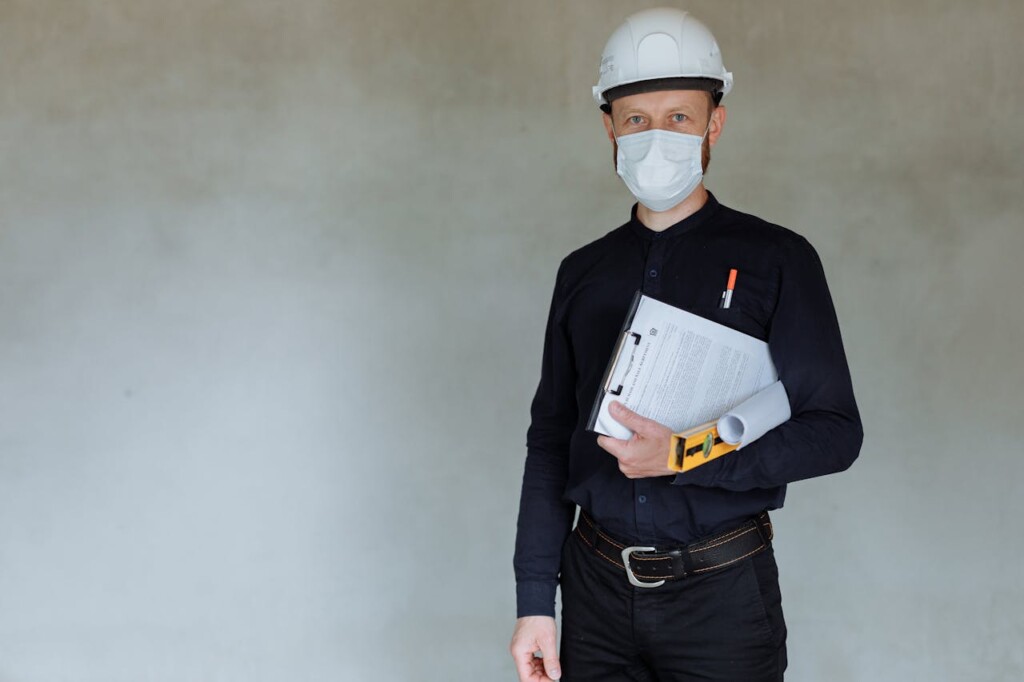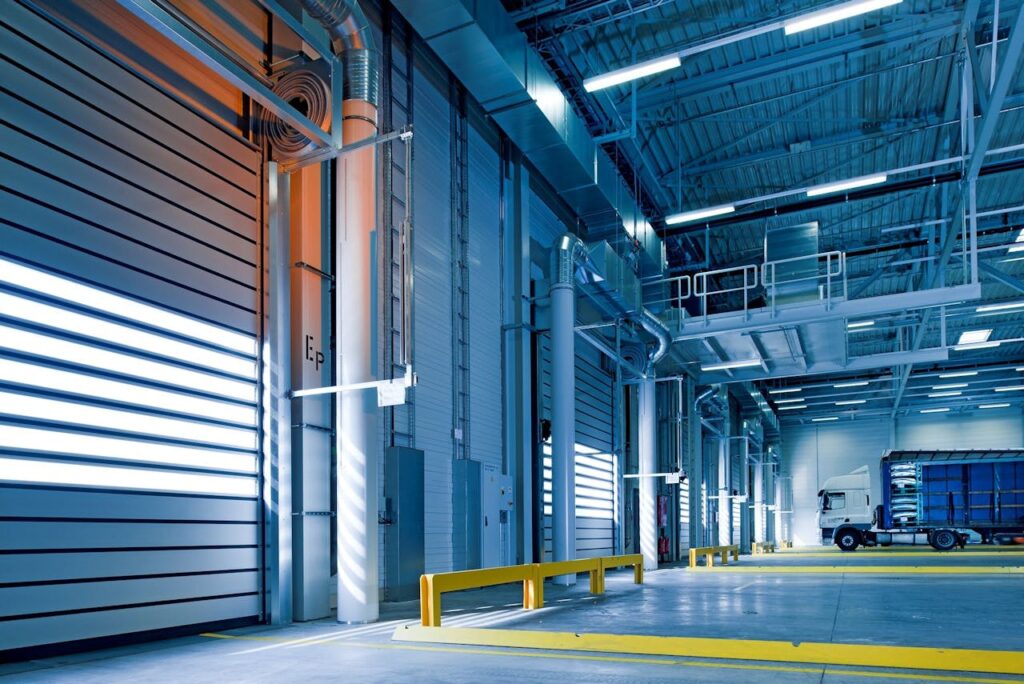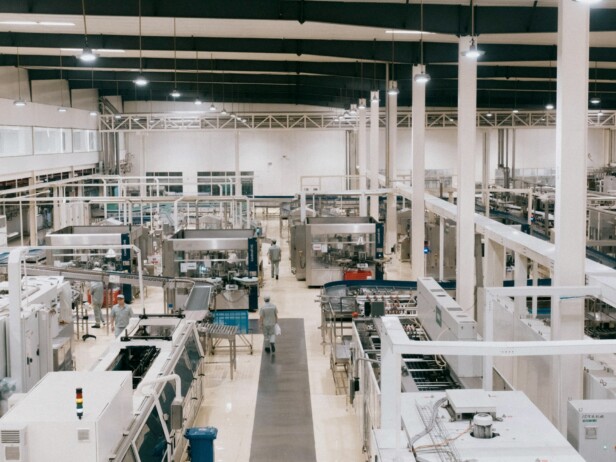Houston’s manufacturing landscape spans from existing industrial sites requiring upgrades to completely new facilities built on undeveloped land. A manufacturing plant contractor Houston specializes in executing production facilities across both brownfield and greenfield environments, managing complex scope that includes civil foundations, structural steel, process equipment installation, piping, and electrical and instrumentation systems.
These contractors coordinate the technical demands of advanced manufacturing processes while maintaining strict controls on safety protocols, quality standards, schedule adherence, and budget compliance. Whether your facility requires forming, etching, cleaning, or packaging capabilities, the right contractor brings together modular construction expertise, maintenance and turnaround services, and integrated project delivery to support your operational goals.
Which Delivery And Execution Methods Fit Houston Manufacturing Projects?

The choice of project delivery method drives schedule, budget, and risk allocation for manufacturing facilities. We evaluate each approach based on project complexity, timeline constraints, and the client’s appetite for involvement throughout the build process.
Design-Build Integration
Design-build unifies architecture, engineering, procurement, and construction under a single contract. This approach allows design and construction phases to overlap, compressing schedules while maintaining cost predictability through fixed-price models.
We handle both the engineering development and field execution, which eliminates the coordination gaps that often emerge when separate design and construction teams work in sequence. For manufacturing projects with aggressive timelines, this concurrent approach can reduce overall project duration by 20 to 30 percent compared to traditional design-bid-build methods.
EPC Comprehensive Solutions
Engineering, Procurement, and Construction (EPC) provides turnkey responsibility from initial engineering through final commissioning. This delivery method transfers project risk to the contractor while giving owners single-source accountability for schedule, budget, and performance.
EPC works particularly well for complex manufacturing facilities where process integration and specialized equipment installation require deep technical expertise. We manage the entire supply chain, coordinate equipment deliveries with construction milestones, and ensure that all systems integrate properly during startup.
Modular Construction And Industrial Fabrication
Modular construction moves critical work from the field to controlled fabrication environments. We pre-assemble process modules, pipe racks, and equipment skids in shop conditions where quality control is more stringent and weather delays are eliminated.
This approach proves especially valuable for manufacturing projects in remote locations or sites with limited laydown space. Shop fabrication also allows parallel construction activities, where site preparation and foundation work proceed while modules are being built off-site.
Self-Perform Capabilities
Our self-perform teams handle civil work, structural steel erection, process piping, electrical and instrumentation installation, and scaffolding services. This direct workforce approach gives us better control over productivity, quality, and schedule coordination across trades.
Self-perform execution reduces the layers of subcontractor management while ensuring consistent safety standards and work quality. For manufacturing projects with tight tolerances or specialized installation requirements, this approach provides the predictability that owners need for reliable startup dates.
Industrial Site Execution For Brownfield Projects
Brownfield manufacturing projects require specialized execution methods that minimize disruption to ongoing operations. Our industrial site execution teams coordinate tie-ins, shutdowns, and hot work around existing production schedules.
Special projects teams handle small capital work, equipment relocations, and phased construction that allows manufacturing operations to continue during the build. This approach requires detailed coordination with plant operations and flexible scheduling that accommodates production priorities.
Integrated construction engineering supports both greenfield and brownfield execution by addressing constructability during the design phase. We identify potential field challenges early and develop installation sequences that optimize crane usage, material flows, and worker safety throughout the project.
What Scopes And Trades Should A Contractor Cover For A Manufacturing Plant?
Manufacturing plants require comprehensive trade coverage to handle diverse construction demands. We organize our work around three main areas: core structural trades, facility development work, and specialized process systems. Each category demands specific expertise and coordination to deliver functional manufacturing spaces.
Core Construction Trades
Civil and foundations work establishes the structural foundation for all manufacturing operations. We handle site preparation, excavation, and concrete placement using methods proven across Houston’s varied soil conditions. Foundation work must account for heavy equipment loads and precise elevation requirements that manufacturing processes demand.
Structural steel erection creates the framework for production buildings and equipment supports. Our teams coordinate steel placement with mechanical and electrical rough-ins to avoid conflicts during installation. Process equipment installation requires specialized rigging and positioning capabilities, particularly for large vessels and production machinery that define plant capacity.
Piping installation connects process systems throughout the facility. We coordinate routing with structural elements and other trades to maintain accessibility for maintenance. Electrical and instrumentation work provides power distribution and control systems that drive manufacturing operations. These systems require integration with process equipment and safety controls.
Scaffolding supports safe access during construction and provides platforms for ongoing maintenance activities. We design scaffold systems that accommodate both construction needs and long-term operational requirements.
Facility Development And Infrastructure
Site development work prepares manufacturing locations for production operations. We handle grading, utilities, and access roads that support both construction activities and future plant operations. Pipe racks and equipment structures provide organized routing for utilities and process lines while maintaining clear access for maintenance teams.
Additional foundations and paving create defined work areas and traffic patterns within the facility. Demolition and relocation work helps adapt existing structures for new manufacturing processes. This scope often involves careful coordination with ongoing operations in brownfield developments.
Module fabrication supports faster installation and improved quality control. Our shop fabrication capabilities allow us to build pipe assemblies and equipment skids in controlled environments before field installation. This approach reduces field labor requirements and minimizes weather delays.
Process And Logistics Systems
Equipment installation encompasses the mounting and alignment of production machinery. We coordinate with equipment suppliers to ensure proper installation procedures and startup requirements. Code repairs address existing facility deficiencies that could affect new manufacturing operations.
Dock construction provides material handling capabilities for raw materials and finished products. These structures must accommodate specific loading requirements and traffic patterns. Drum and tote filling stations require precise installation to meet product handling and safety standards.
Emissions control systems ensure environmental compliance throughout manufacturing operations. We install air handling equipment, filtration systems, and monitoring devices that meet regulatory requirements. Pump and metering systems provide accurate material handling and process control capabilities.
Manufacturing plant execution requires careful planning to minimize disruption to existing operations. We coordinate construction activities around production schedules and implement phasing strategies that maintain operational continuity. This approach protects both construction progress and manufacturing productivity.
How Are Safety, Quality, And Technology Managed On Plant Builds?

Safety Programs And Craft Readiness
We implement structured safety programs that prepare crews for the unique demands of manufacturing plant construction. NCCER training provides standardized certification in construction safety, covering everything from equipment operation to hazard recognition.
Frontline Supervisory Training develops first-line supervisors who can identify risks and enforce safety procedures across trades. These programs create certified craft pathways that advance workers from basic safety awareness through specialized skills training. The goal is craft readiness that matches the technical requirements of process equipment installation and instrumentation work.
Our safety approach emphasizes prevention through proper training rather than reaction to incidents. Workers receive specific instruction on confined space entry, hot work permits, and lockout/tagout procedures common in manufacturing environments. This preparation reduces incidents and maintains productivity during critical installation phases.
Quality Procedures And Inspection Controls
Quality control starts with clear procedures that define acceptable work standards for each trade. We emphasize doing work right the first time rather than relying on rework to fix problems. This approach controls costs and maintains schedule integrity across complex manufacturing builds.
In-house welding procedures ensure consistency across structural steel, piping, and process equipment connections. Our welding teams follow documented procedures that specify materials, techniques, and inspection requirements for different applications. We track repair rates to identify trends and address issues before they affect project delivery.
Inspection protocols verify work at key stages rather than waiting for final completion. This includes foundation surveys before equipment setting, dimensional checks during structural erection, and pressure testing of piping systems. Regular inspection creates accountability and catches problems while they can still be corrected efficiently.
Project Lifecycle Software And Technology Integration
Application-based project software organizes scope, cost, and work breakdown structures that support planning and execution. These systems track progress against baseline schedules and provide real-time visibility into resource allocation and budget performance. The technology helps coordinate complex sequences typical in manufacturing plant construction.
Digital platforms manage document control for specifications, drawings, and change orders. This ensures all trades work from current information and reduces errors caused by outdated plans. Electronic submittal tracking expedites approvals and maintains project momentum during procurement and installation phases.
Mobile technology extends project controls to field operations. Superintendents can update progress, report issues, and access current drawings from job sites. This connectivity supports faster decision-making and better coordination between field execution and project management teams.
These integrated controls support schedule reliability by providing accurate data for execution planning. The combination of trained crews, documented procedures, and digital project management creates the framework needed for successful manufacturing plant delivery within specifications and industry standards.
Which Houston Markets And Facility Types Are Common For Manufacturers?
We operate across diverse industrial markets where Houston’s manufacturing strength drives regional growth. Oil and gas remains the cornerstone sector, supporting upstream drilling operations and downstream refining activities. Petrochemical production leverages local feedstock advantages and deep-water port access for global distribution. Power and cogeneration facilities serve grid stability and industrial heat requirements throughout the Gulf Coast region.
Agricultural chemicals manufacturing takes advantage of Houston’s logistics infrastructure and proximity to farming regions. Minerals and mining operations require specialized processing equipment and material handling systems. Renewable energy manufacturing continues expanding as companies establish solar panel assembly and wind turbine component production in the region.
Advanced Manufacturing And Specialty Facilities
Advanced manufacturing Houston projects include semiconductor fabrication, electronics assembly, and precision component production. These facilities demand controlled environments and specialized utility systems. Life sciences manufacturing covers pharmaceutical production, medical device assembly, and biotechnology research facilities requiring stringent contamination controls.
Light manufacturing operations span automotive components, consumer goods production, and food processing. Warehouse and distribution centers support e-commerce fulfillment and regional logistics networks. Cold storage facilities serve food distribution chains and pharmaceutical cold chain requirements. Mission-critical spaces house data centers, telecommunications equipment, and emergency response systems.
Specialized Process Applications
Regional project complexity varies from polysilicon plants requiring ultra-high purity systems to ethylene export facilities handling volatile hydrocarbon streams. Gas processing operations separate natural gas liquids from raw wellhead production. Gasoline hydrotreaters remove sulfur compounds to meet environmental specifications.
Cryogenic processing facilities liquefy natural gas for export or separate air into component gases for industrial use. Sulfur blocks convert hydrogen sulfide waste streams into marketable sulfur products. Combined-cycle power units generate electricity while capturing waste heat for industrial processes or district heating systems.
Advanced manufacturing processes integrate forming operations that shape raw materials into finished components. Etching processes create precise patterns on semiconductor wafers or metal substrates. Cleaning systems remove contaminants using chemical, mechanical, or plasma treatment methods. Packaging operations maintain product integrity through automated sealing, labeling, and quality verification systems.
Conclusion and Practical Next Steps

Selecting the right manufacturing plant contractor in Houston requires a systematic approach that aligns your facility needs with proven construction capabilities. The complexity of advanced manufacturing processes and the competitive Houston market demand careful evaluation of potential partners before committing to a project.
Request examples of similar Houston and Gulf Coast projects, particularly those matching your facility type and process requirements. Regional experience matters because local contractors understand area-specific challenges like soil conditions, weather patterns, permitting processes, and available skilled labor pools. We provide relevant project references that demonstrate our capability with similar manufacturing processes and facility types.
Ready to move forward with your manufacturing plant project? Contact EB3 to discuss your specific requirements and learn how our team can deliver your advanced manufacturing facility.




